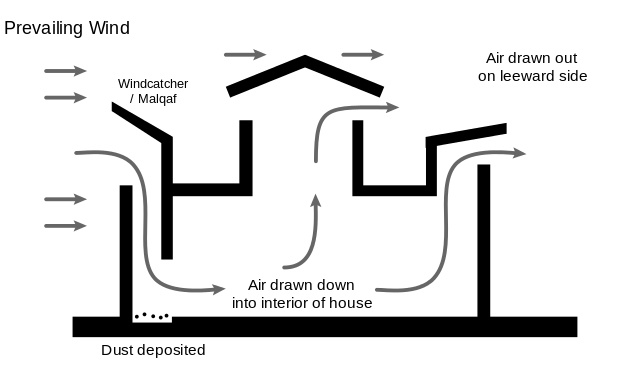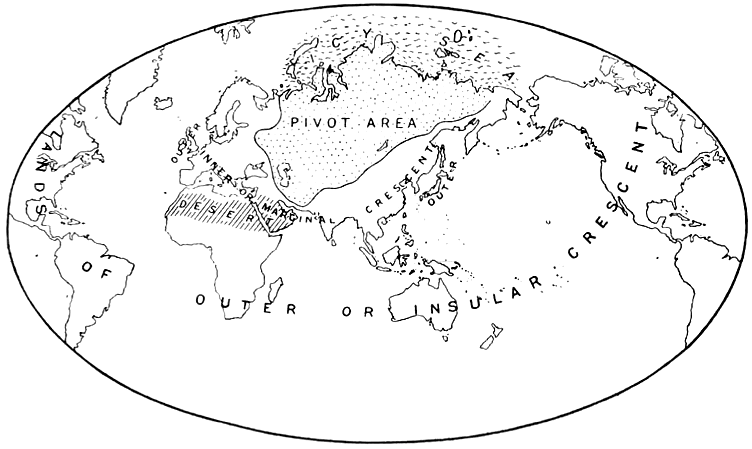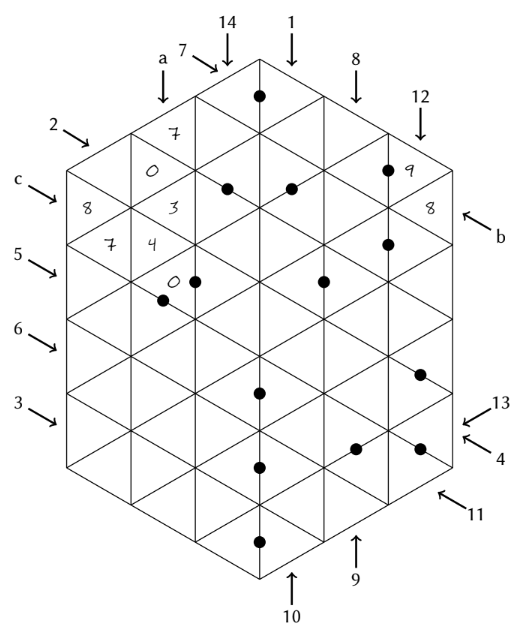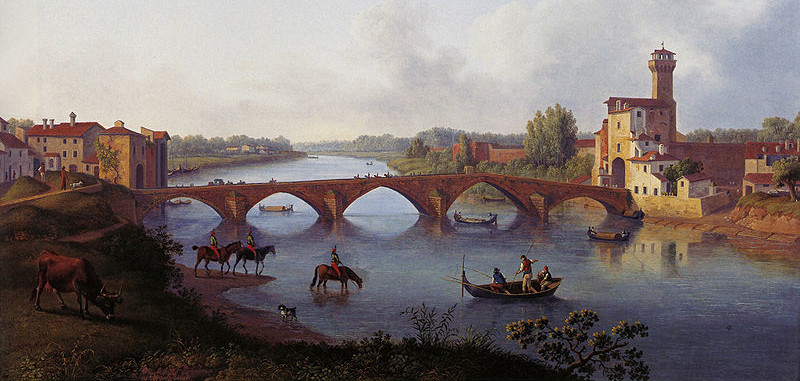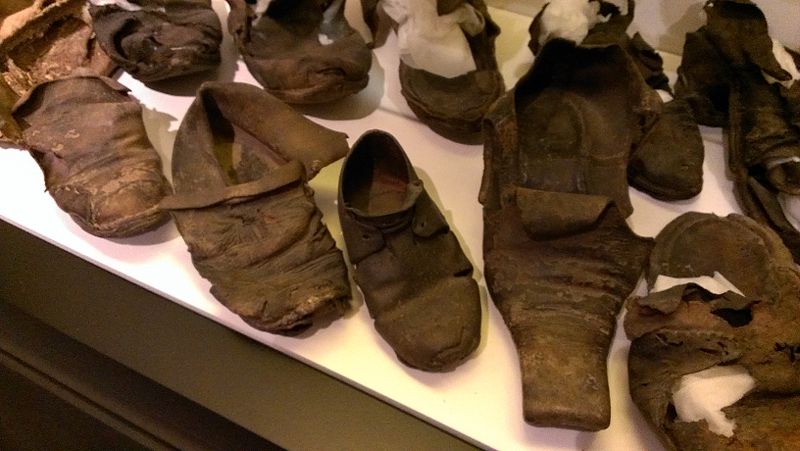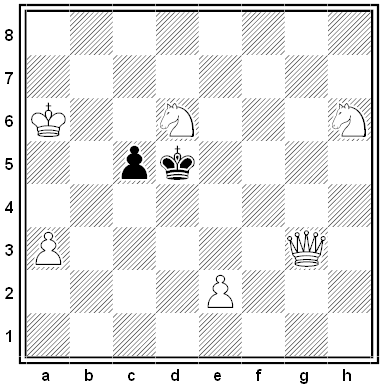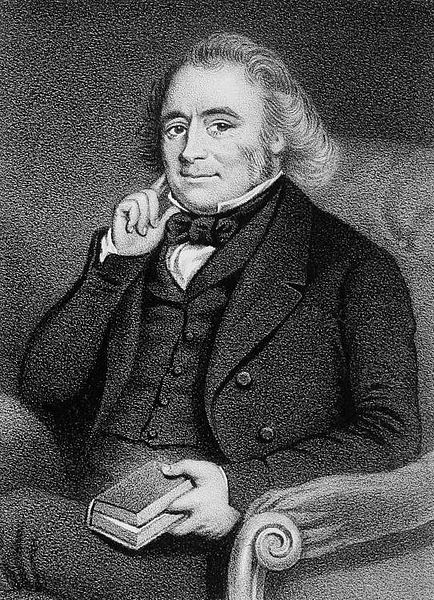I wear a black patch over my left eye. It has aroused the curiosity of many; no one has suspected the horror that it hides.
Twenty years ago Bernard Vroom and I, fellow students at the University of Jena, were devotees at the feet of Professor Malhausen, the foremost optical surgeon of his time. Living, working, dreaming together, Vroom and I became almost as one intelligence in our passionate study of the anatomy of the eye. Vroom it was who advanced the theory that a living eye-ball might be transferred from the head of one man to the head of another. It was I who suggested, and arranged for, the operation, performed by Professor Malhausen, through which Vroom’s left eye became mine and my left eye became Vroom’s. Professor Malhausen’s monograph, published shortly afterward, describes the delicate operation in detail. The ultimate effects of the operation are my own story.
Very distinctly do I remember the final struggle for breath when the anesthetic was administered; and quite as vividly do I recall my return to consciousness, in a hospital cot, weakened by a six weeks’ illness with brain fever, which had followed the operation. Slowly but clearly my mind advanced through the process of self-identification, and memory brought me to the moment of my last conscious thought. With a mingled feeling of curiosity and dread I opened my eyes.
I opened my eyes and beheld two distinct and strongly contrasting scenes. One, which was visible most clearly when I employed only my right eye, was the bare hospital room in which I lay. The other, distinct to the left eye alone, was the deck of a ship, a stretch of blue sea, and in the distance a low, tropical coast that was to me totally unfamiliar.
Perplexed and vaguely afraid, I begged the nurse to send at once for Vroom. She explained gently that Vroom had recovered quickly, and that, although deeply distressed over leaving me, he had sailed for Egypt, a fortnight since, on a scientific mission. In a flash the truth came to me overwhelmingly. The severing of the optic nerve had not destroyed the sympathy between Vroom’s two eyes. With Vroom’s left eye, now physically mine, I was beholding that which Vroom beheld with his right. The magnitude of the discovery and its potentialities stunned me. I dared not tell Professor Malhausen for fear of being thought insane. For the same reason I have held the secret until now.
On the second day of double-vision my left eye revealed a gorgeous picture of the port and city of Alexandria — and of a woman. Evidently she and Vroom were standing close together at the ship’s rail. I saw on her face an expression that I had never seen on woman’s before. I thrilled with exultation. Then suddenly I went cold. The look was for Vroom, not for me. I had found a love that was not mine, a love to which every atom of my being responded, and it was to be my portion to behold on my loved one’s face, by day and by night, the manifestation of her love for another man.
From that moment on I lived in the world that was revealed to me by my left eye. My right was employed only when I set down in my diary the impressions and experiences of this other life. The record was chiefly of the woman, whose name I never knew. The final entry, unfinished, describes the evidences that I saw of her marriage to Vroom in the English Garrison Church at Cairo. I could write no more. A jealousy so sane and so well founded, so amply fed by new fuel every new moment that it was the acme of torture, possessed me. I was truly insane, but with a true vision, and to me was given the weapon of extreme cunning that insanity provides. I convinced Professor Malhausen that my left eye was sightless, and by simulating calmness and strength I gained my discharge from the hospital. The next day I sailed from Bremen for Port Said.
Upon reaching Cairo I had, naturally, no difficulty in finding my way through the already familiar streets, to the Eden Palace Hotel, and to the very door of Vroom’s apartment, overlooking the Esbekieh Gardens. Without plan, save for the instant sight of her I loved, I opened the door. Vroom stood there facing me, a revolver in his hand.
“You did not consider,” he said calmly, “that my left eye also is sympathetic; that I have followed every movement of yours; that I am acquainted with your errand through the entries in your diary, which I read line by line as you wrote. You shall not see her. I have sent her far away.”
I rushed upon him in a frenzy. His revolver clicked but missed fire. I bore him backward over a divan, my hands at his throat. His eyes grew big as I strangled him. And into my left eye came a vision of my own face, as Vroom saw it, distorted by the lust of murder. He died with that picture fixed in his own eye, and upon the retina of the eye that once was his, and is now mine, that fearful picture of my face was fixed, to remain until my death.
I wear a black patch over my left eye. I dare not look upon the horror that it hides.
